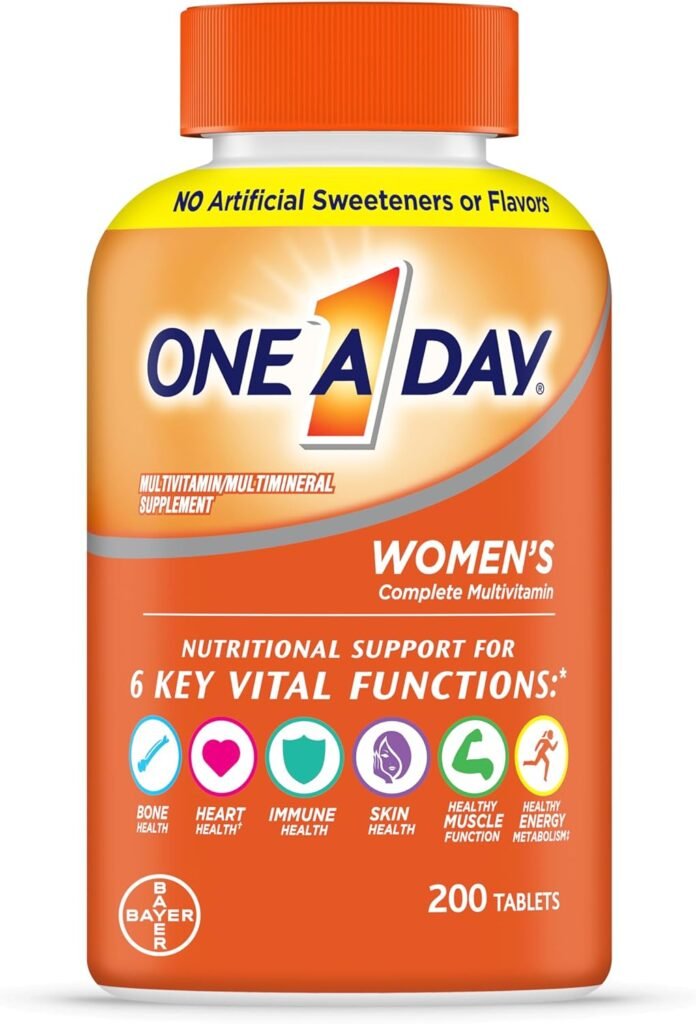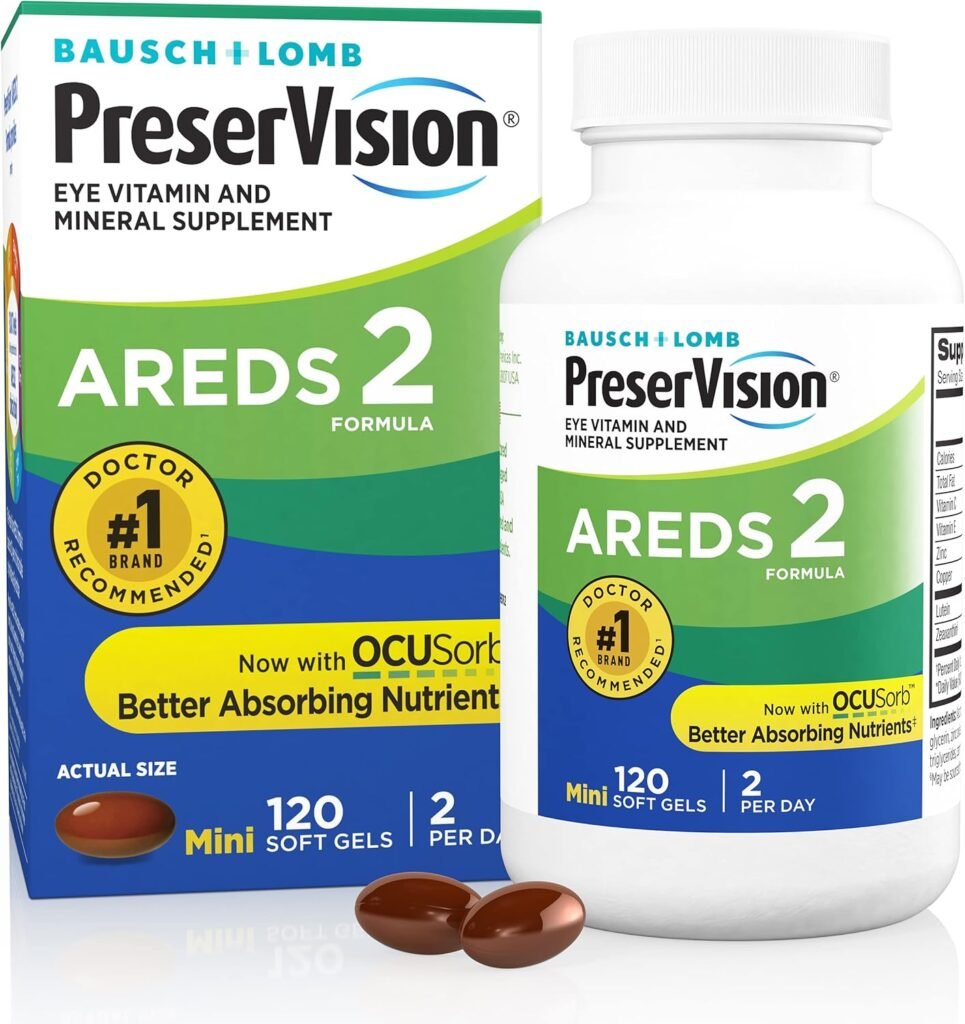Plain Talk About Vitamins



Vitamins are essential nutrients that play diverse roles in maintaining overall health. They act as catalysts for various bodily functions, including growth, metabolism, and immune system support. Different vitamins have unique roles and deficiencies or excesses can lead to a range of health problems.
Vitamin A: Crucial for vision, immune function, and cell growth. Deficiencies can lead to night blindness and increased infection risk.
Vitamin D: Essential for calcium absorption and bone health. Deficiencies can cause rickets in children and osteoporosis in adults.
Vitamin E: An antioxidant that protects cells from damage. It may also play a role in heart health.
Vitamin K: Important for blood clotting and bone health.
Vitamin C: An antioxidant that supports the immune system and helps with wound healing.
B Vitamins (Thiamine, Riboflavin, Niacin, Pantothenic Acid, Biotin, B6, B12, Folate): A group of vitamins with diverse roles in energy production, nerve function and cell growth. For example, B12 is vital for nerve function and red blood cell formation and deficiencies can lead to anemia and neurological problems, according to MedlinePlus.
Multivitamins should complement, not replace, a balanced diet rich in fruits, vegetables and other nutrient-dense foods. It’s always a good idea to talk to your doctor or a registered dietitian before starting any new supplement regimen, especially if you have existing health conditions or are taking medications, advises the Mayo Clinic.
BALANCE IS KEY!
While vitamins are essential, consuming too much of certain vitamins, especially fat-soluble ones (A, D, E, and K) can be harmful. Understanding their roles and ensuring adequate intake through a balanced diet and, when necessary, appropriate supplementation, is crucial for overall well-being.
Featured products:



























